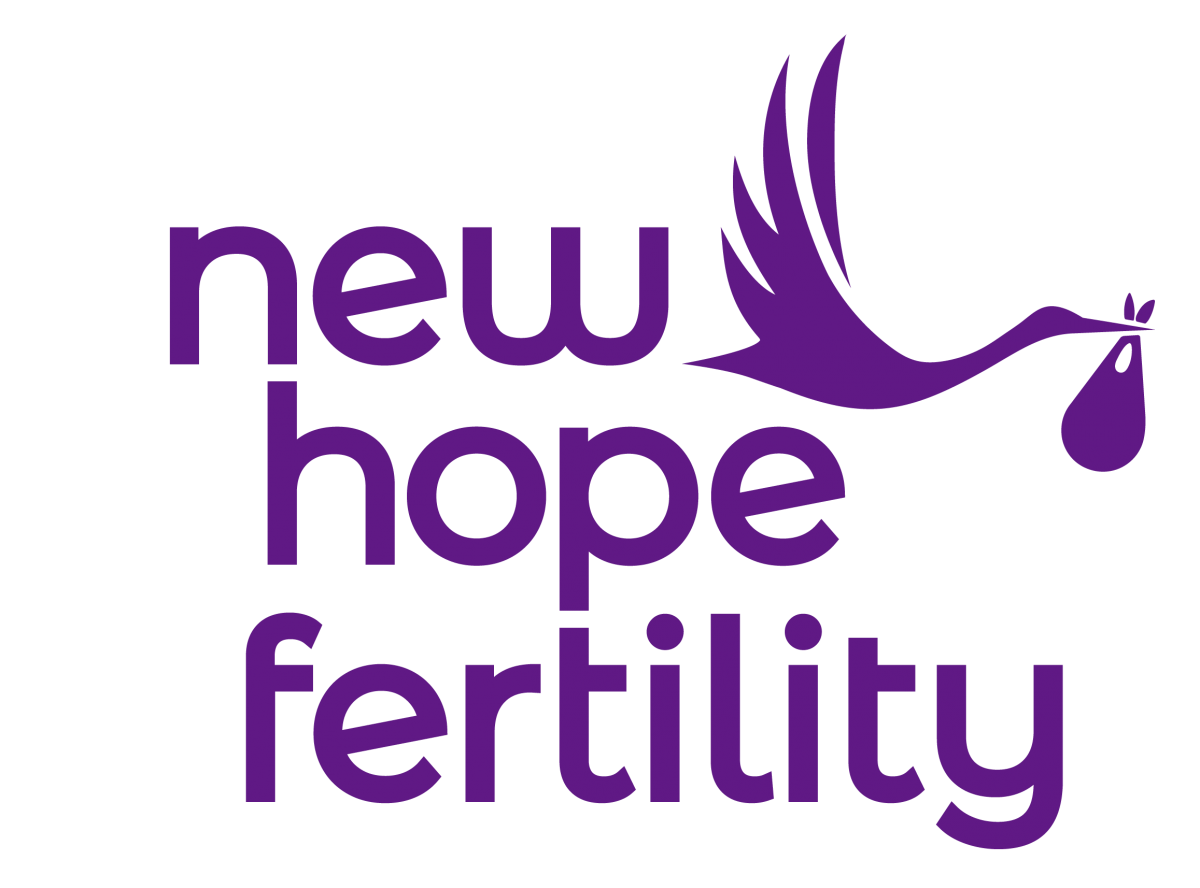UNDERSTANDING IVF SUCCESS RATES DATA

At New Hope Fertility Center, we are dedicated to our patients and strive to maintain industry leading IVF success rates. We offer high pregnancy success rates, but without the high dose of drugs and the stress related to high-dose hormone therapy. We don’t refuse care to patients because of their age, FSH levels, or number of follicles (potential eggs) produced each cycle. New Hope Fertility Center is your best choice for customized, natural and successful IVF.
You can see our most recent success rates on sart.org.
If you are in the process of choosing a fertility care center, you probably have already examined the Society of Assisted Reproductive Technology (SART) national IVF success rate data and are beginning to compare prospective pregnancy success rates for your age group. If you plan to use conventional IVF and multiple-embryo transfers and your fertility health perfectly matches that of the “ideal IVF candidate” in your age group, then SART data may indeed be a reliable benchmark for you.
New Hope Fertility Center specializes in Natural Cycle and Mini-IVF™ treatments and promotes single-embryo transfers (to reduce risks associated with multiple births), SART tracks success rates of conventional IVF and multiple-embryo transfers.
SART compiles reported data from 392 US fertility clinics (85% of all U.S. clinics) and presents the data for the industry and for patients in aggregate, by clinic, and by infertility cause. Click here to see their reports.
Our frozen success rates are high because our vitrification freezing method is superior to conventionally employed cryopreservation techniques. Additionally, we typically only freeze blastocyst embryos, which have a 40% greater chance of pregnancy than Day 2, Day 3, or Day 4 embryos (which we often use in our fresh embryo transfer cycles).
If you are over 42, it is important to understand that some conventional IVF clinics deny treatment to women your age because they produce fewer eggs, even with high doses of IVF drugs. When clinics do accept women in this age bracket, they accept only those who have FSH levels and other “ideal IVF candidate” criteria similar to younger women.
Many women denied conventional treatment turn to New Hope Fertility Center. Our One-Good-Egg Policy welcomes women who have been denied treatment due to age or FSH level. Our success data often skews downwards because the eggs of women 39-plus years old are often of lower quality and are less likely to produce a live birth.
THE “IDEAL SART IVF CANDIDATE”: SKEWING IVF SUCCESS RATES

A basic grounding in the variables affecting pregnancy success rates allow you to make an informed decision when it comes to choosing a fertility care center. In fact, this knowledge can change how you view success rate data, either rendering it quite meaningful or quite meaningless to you. Some of the numerous scientific factors that influence the outcome of every woman’s IVF treatment are FSH levels, age, the number of unsuccessful IVF attempts (or the number of unsuccessful natural attempts), ovarian reserve, stress, weight and BMI, structural or mechanical problems with the reproductive system, the age of the embryo at the time of transfer (Day 2, 3, 4 or blastocyst), and the number of eggs produced in a given cycle.
What is hidden from view in many data reports is the number of women who were denied treatment because one or more of the above-mentioned factors were unsatisfactory. For example, many clinics will not accept women older than 39 with FSH levels above 15, or women anticipated to make less than two eggs in each cycle. If you have unsatisfactory metrics for any of the above issues, the SART data may be a meaningless guide to gauge what you can expect, since it largely represents women with the “best” fertility health.

Also, most published data measures success of conventional IVF, not Natural Cycle and Mini-IVF™ treatments or single-embryo transfers. This fact is an unfortunate drawback of reporting success data (for the industry and the consumer) because many clinics select only ideal candidates to make their success rate data higher. In addition, clinics also cancel cycles for women who have been accepted into the IVF program and these cancellation rates (cycles cancelled before egg retrieval) are high, falling between 8 % and 19%.
Our One-Good-Egg Policy is patient-friendly, FSH-friendly and age-friendly. It does not include strict criteria designed to limit care or boost our success data. We know that taking on very difficult infertility cases can lower our overall success rate, but we are committed to providing treatment to all those who seek it, regardless of the difficulty of their case.
